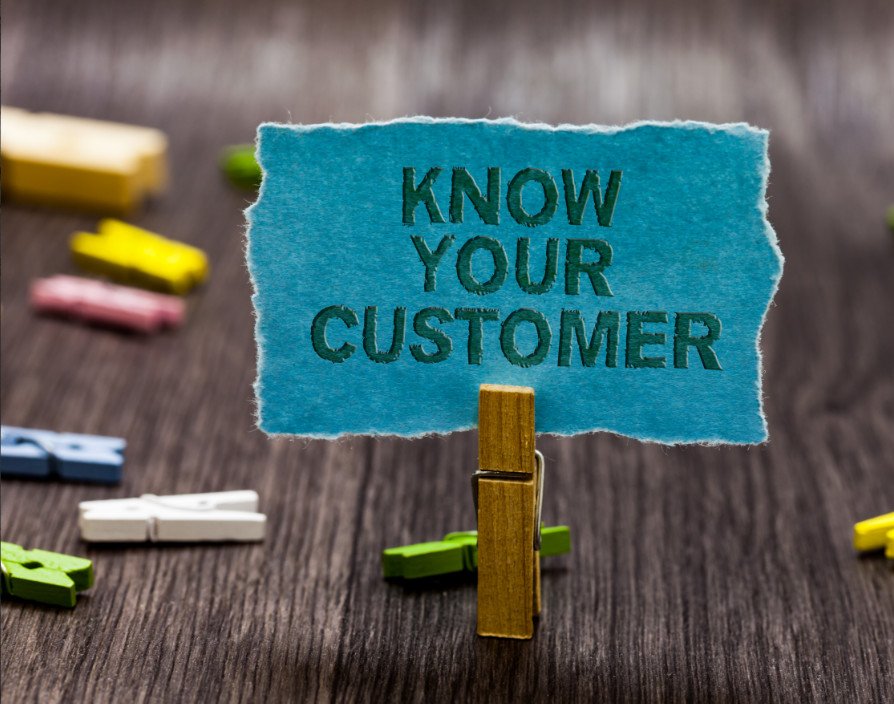In business, where growth can be rapid, challenges unrelenting (hello, COVID), and everything is constantly in flux, leaders are often told to focus on the big picture. Well, today I’m here to tell you that actually, it’s time to sweat the small things.
When Sir Clive Woodward won the World cup with the English Rugby Team – he mentioned that it was not one silver bullet, but a way of improvement known as The Kaizen approach: Small continuous improvements to every area to create significant improvements overall. And the best bit – every business and entrepreneur can adopt this approach. It’s fast, based on common sense – and doesn’t need an experienced consultant to help you – it’s all about getting your team together, finding new opportunities to improve and getting on and doing them.
Kaizen, a Japanese term that means change for the better, has been adapted by organisations as a business strategy aimed at establishing an environment of continuous improvement. The goal is to make the organisation, products, services and people, better by implementing small scale changes throughout the company. You’ve heard of the butterfly effect – well this is it, but in your organisation.
Although the approach is popular with tech businesses – Kaizen is easy to apply, everyone can get involved and just makes things better!
Make sure you have the right level of buy-in before you start, help your team understand the impact these steps will make – and regularly report back, reward and recognise the ideas, actions and suggestions. People will value seeing that the plan actually works!
There are five main principles in Kaizen:
Know your customer: Figure out what your customer wants and how you can improve their experience based on what they value. This can be simply approached by regular surveys, catch ups with your account managers or just tracking customer requests, issues and feedback. Encourage everyone to feed in and ensure that good ideas are recognised and rewarded.
Let it flow: Zero waste should be a company-wide goal where everyone in the organisation is focused on reducing and eliminating waste. Even better, it supports wider goals of environmental sustainability too.
Go to Gemba: Gemba is a Japanese term meaning the actual place. Follow the action and find where the true value is created in your business and go there to apply Kaizen principles. This may not be the quick wins – but this is where exponential improvements can be seen.
Empower people: Is your structure fit for purpose? Set your teams up to succeed. Organise teams with clear directives and goals but be sure to equip them with the right tools and systems they need to be successful.
Be transparent: Use data to show how improvements are changing the organisation so they are tangible and visible. Your team wants to win, and success fosters more success.
So there you have it, five rules to apply, lots of common sense and a simple way of making improvements to your business. Surely the first improvement you can make, is thinking- how can I apply the Kaizen approach today?
“
Share via:








































